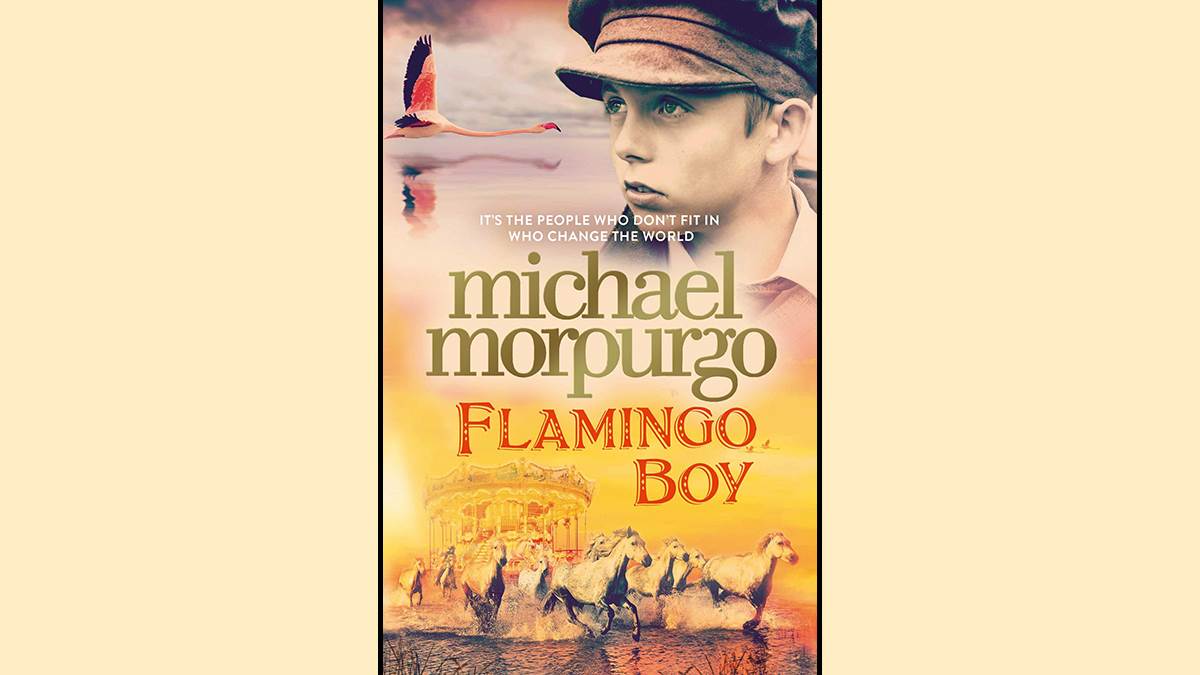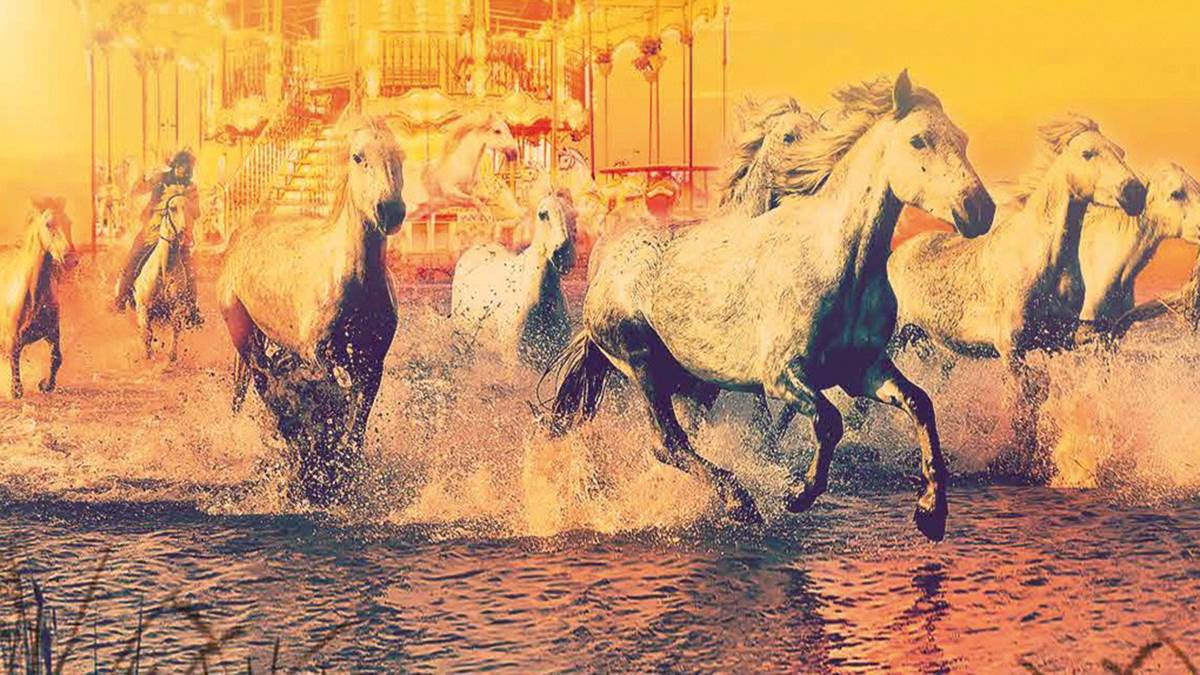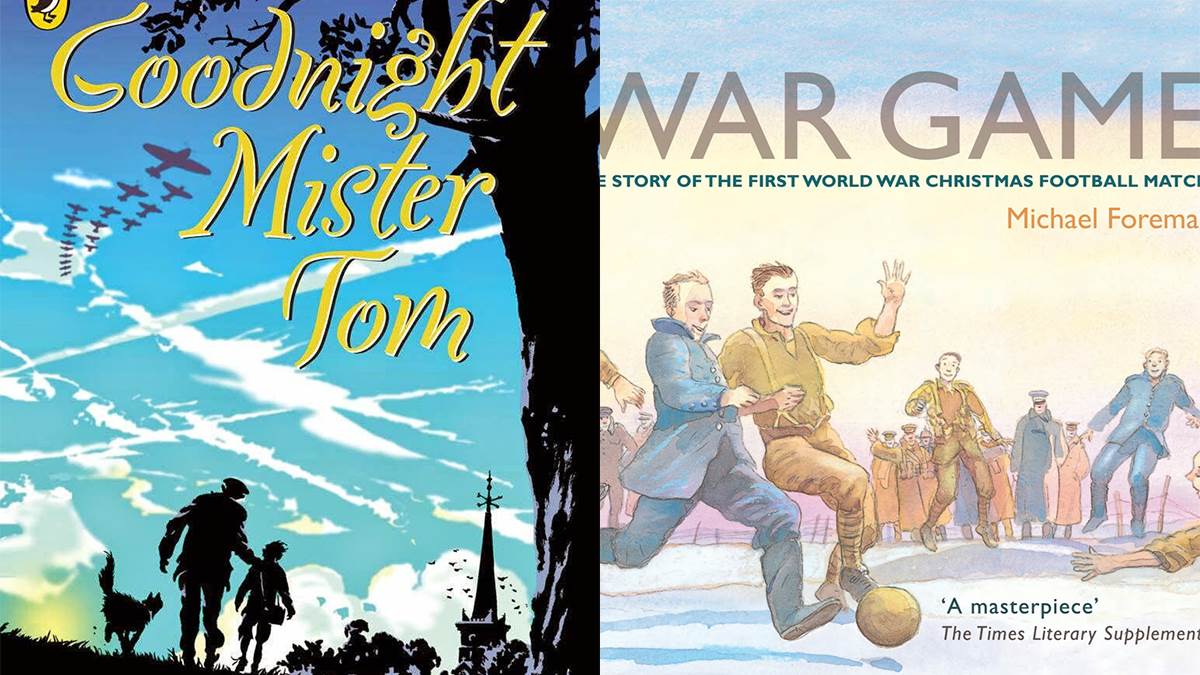Booklist
More Michael Morpurgo stories
Has reading this interview with Michael made you want to read more of his books? We've put together a list of some of our favourites for you.
What To Read After
Great next steps for readers
Do your children to get hooked on a certain book, series or author and find it hard to move on to something else? We have great recommendations to keep their love of reading going.
New books we love
Our favourite reads of the month
We review lots of new books every month, and here's where you can find the ones we liked best of all.










